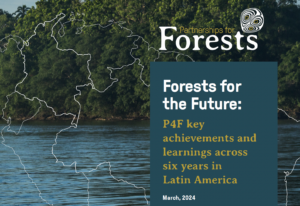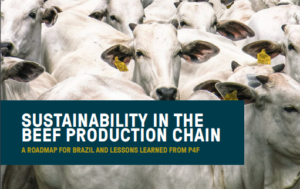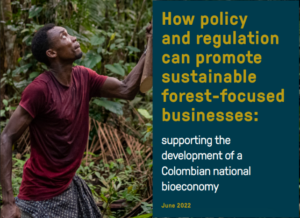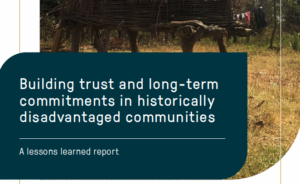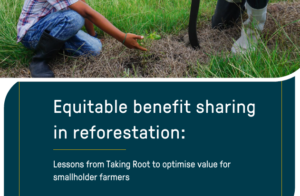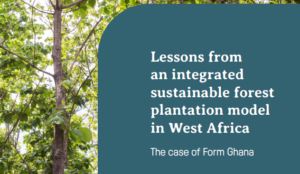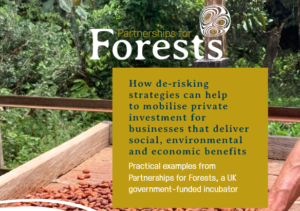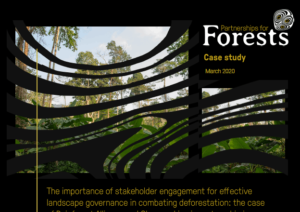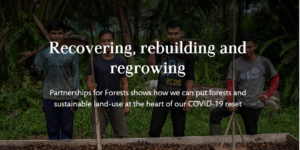The objective of P4F in Latin America has been centred on fostering and expanding innovative land use businesses and testing ideas from across the nature-based solutions arena. This report aims to disseminate the key learnings and insights acquired throughout the last six years of the programme.
Resource type: Learning resources
Learning resources
Sustainability in the beef production chain – a roadmap for Brazil and lessons learned from P4F
Home to a herd of more than 224 million heads of cattle, Brazil is the largest beef exporter in the world. The possibility of linking productivity and income gains to socio-environmental aspects makes the beef chain fundamental in the process of transition to an inclusive and sustainable economy.
How regulations support sustainable businesses in forests – a case-study on the Decree 690/2021 in Colombia and how it can foster the bioeconomy in the country
This case study presents insights about Colombia’s model of public regulation that effectively promotes sustainable forest businesses.
Building trust and long-term commitments in historically disadvantaged communities
This lessons-learned report explores how an innovative agroforestry programme successfully built trust and mobilised communities in the Gulu district in Northern Uganda.
Equitable benefit sharing in reforestation: lessons from Taking Root to optimise value for smallholder farmers
This knowledge product outlines some of the approaches and perspectives the environmental non-profit Taking Root applies to integrate the values of partnership and equity into forest restoration projects.
Lessons from an integrated sustainable forest plantation model in West Africa
This knowledge product uses the case of Form Ghana to demonstrate how private sector companies and other interested stakeholders can successfully plan and implement integrated sustainable restoration businesses that are socially, economically, and environmentally responsible.
Gender and inclusion in micro, small and medium-sized companies: Practical guidelines for management, communication and export
The practical guide ‘Gênero e inclusão em micro, pequenas e médias empresas: Orientações práticas para gestão, comunicação e exportação’ supports community businesses in the development of gender equality and social inclusion (GESI) practices.
How de-risking strategies can help to mobilise private investment for businesses that deliver social, environmental, and economic benefits
This report highlights private capital mobilisation strategies for sustainable new businesses.
The importance of stakeholder engagement for effective landscape governance in combating deforestation
This case study showcases how Rainforest Alliance has deployed its innovative landscape management approach in Western Ghana through a partnership with Olam.
Recovering, Rebuilding and Regrowing
In this interactive deep-dive, we share some of our immediate responses to COVID-19 as a programme and put forward a case for considering sustainable land use and forests as an essential part of the longer-term global recovery.
